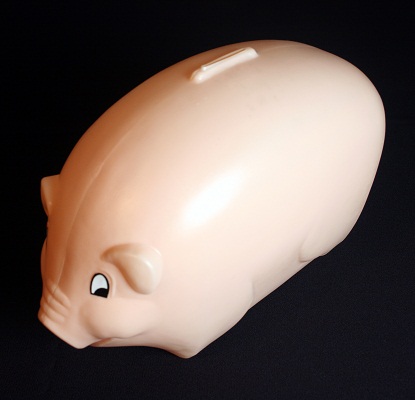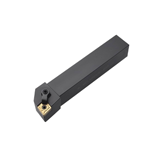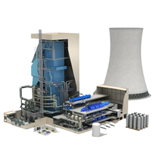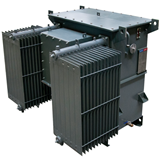The second-generation pig farmer from Young, in NSW's southeast, used to cop a $15,000 gas and power bill every month to keep her family enterprise afloat.
Now, through a methane-storage system than transforms pig poo into power, Blantyre Farms turns a profit by selling $6000 in excess electricity back to the grid.
"We're thrilled," Beveridge told the Australia Bureau of Agriculture and Research Economics and Sciences (ABARES) annual conference in Canberra on recently.
"Every time we get the invoice saying we've got paid I get so excited."
But their methane-digestion system does far more than just save the Beveridges cash on their power bills.
By trapping the manure of their 25,000 odd pigs in a large covered pond, the farm destroys 2400 cubic metres of methane every day.
This is a significant reduction in greenhouse gases for one farm — methane is 20 times more harmful than carbon dioxide to the atmosphere.
And by cutting emissions by the equivalent of 32 tonnes per day, the Beveridges are entitled to carbon credits worth an estimated $150,000 per year.
They also received large generation credits for the renewable energy they produce worth another estimated $80,000 per year.
If that's not enough, the leftover manure fertilises fields and the clean power does everything from heating pads for piglets to air-conditioning sow stalls.
Beveridge says it's a "fabulous" federal government project, which is being taken up by other piggeries around Australia.
"Isn't it great that we're stopping all that stuff from going up into the air and saving our own power bills," she said.
Their piggery was the first in Australia to be approved under the federal government's Carbon Farming Initiative (CFI).
The scheme rewards farmers with carbon credits if they find ways to store carbon on their land or reduce their overall environmental footprint.
Agriculture contributes to around 20 per cent of Australia's overall greenhouse gas emissions.
The Department of Climate Change and Energy Efficiency's Shayleen Thompson said that 46 CFI projects had been approved to date, amounting to 393,000 tonnes of carbon dioxide abated.
But she acknowledged many farmers, like the Beveridges, would only invest in CFIs if they saw a financial edge.
The conference was also told many carbon-farming technologies were currently too expensive for many farmers at the current carbon price.
The Beveridges spent two years planning and nearly $1 million in investment to get their project up and running, but within two years it has paid itself off.
"Our system is fairly simple, it's cheap to run and it's fairly labour free," Beveridge said.
"It's proof that other more complicated, expensive models are unnecessary."














